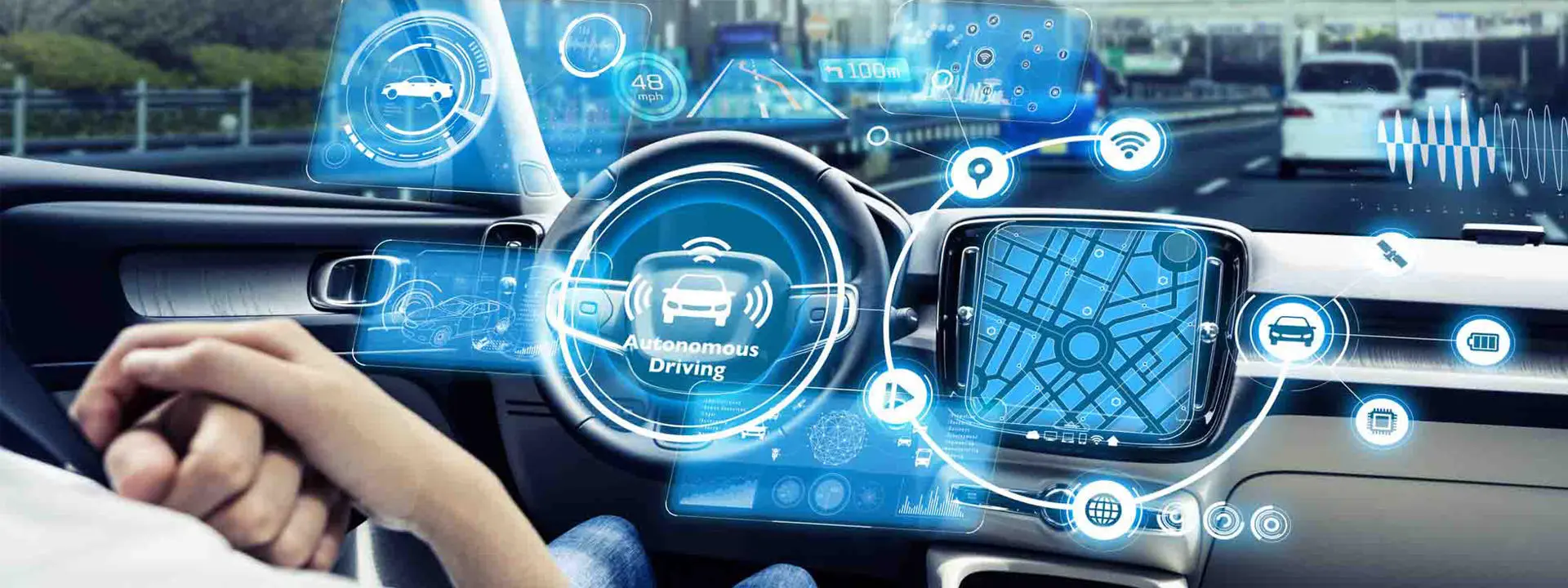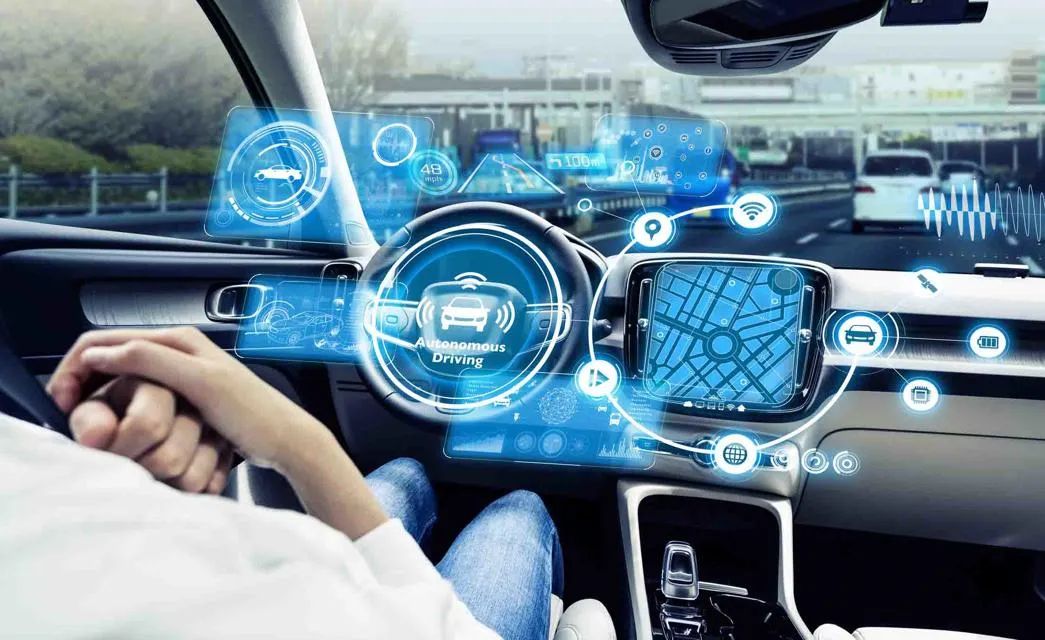New research to improve the safety of autonomous vehicles via better testing simulators

Researchers are using advanced machine learning to better model human driving behaviour to improve simulators for autonomous vehicle testing.
The academics at Heriot-Watt University’s School of Engineering and Physical Sciences are aiming to eliminate the limitations of existing systems by making more use of data to improve the performance and inform the design of next-generation simulators.
Specifically, they will focus their research on the myriad of interactions and human-like decisions to provide developers of autonomous vehicles with a versatile AI tool to simulate a much wider variety of realistic driving scenarios.
We hope our work will ultimately help speed up the development and safety of autonomous vehicles by improving the simulation systems.
They’re aiming to develop high-fidelity simulators that will model realistic traffic behaviour of the surrounding road users.
In turn, this is expected to accelerate the development and iteration of autonomous vehicle technologies.
The testing scenarios that will be generated by the research are also useful to policymakers in defining appropriate testing frameworks before autonomous vehicles are licensed to operate on the road network.
The research has been made possible thanks to a grant of nearly £200,000 from the European Commission’s Horizon Europe Framework Programme. The researchers expect to publish their initial findings towards the end of 2025.

Speaking about his research, Dr Cheng Wang, Assistant Professor in Robotics, said: "Autonomous vehicles (AVs) have the potential to significantly enhance the safety and sustainability of transportation in the future.
“While substantial progress has already been made, the safety assessment of AVs remains a serious challenge, delaying their widespread adoption.
“Typically, the safety of AVs is measured by comparing them to the performance of human drivers, however this requires hundreds of millions of miles of real-world testing, a process inherently fraught with unpredictable risks.
“We’ll be delving into advanced machine learning, using data to more accurately and realistically model human driving behaviour. We hope our work will ultimately help speed up the development and safety of autonomous vehicles by improving the simulation systems.”
Next steps in terms of real-world applications of Dr Wang’s research will involve collaborating with autonomous vehicle manufacturing companies to incorporate the new models into their simulation frameworks, ultimately improving the safety of autonomous vehicles.